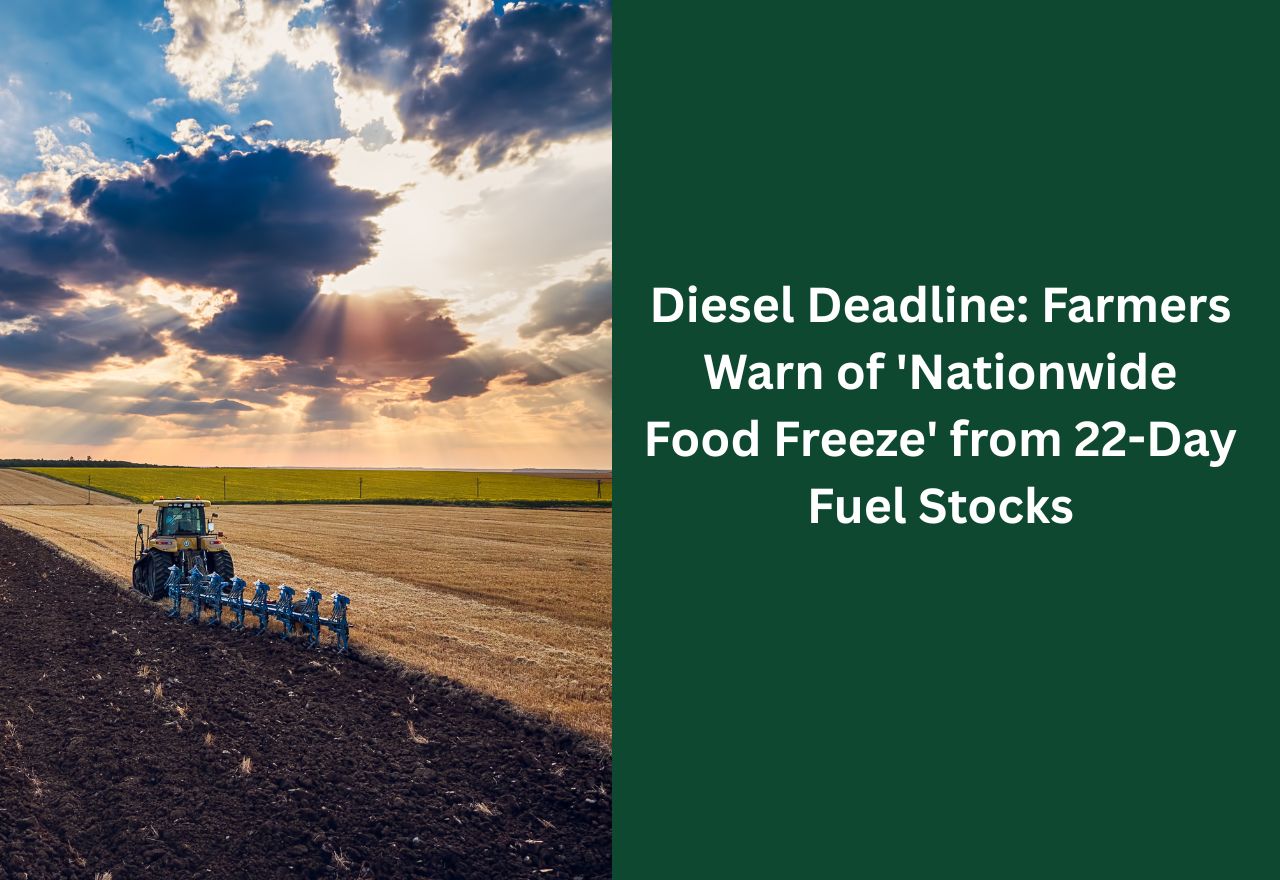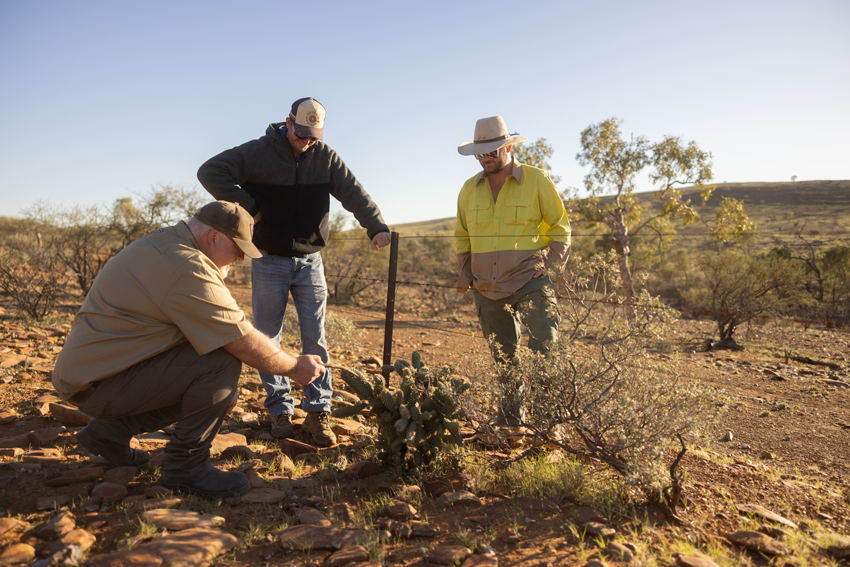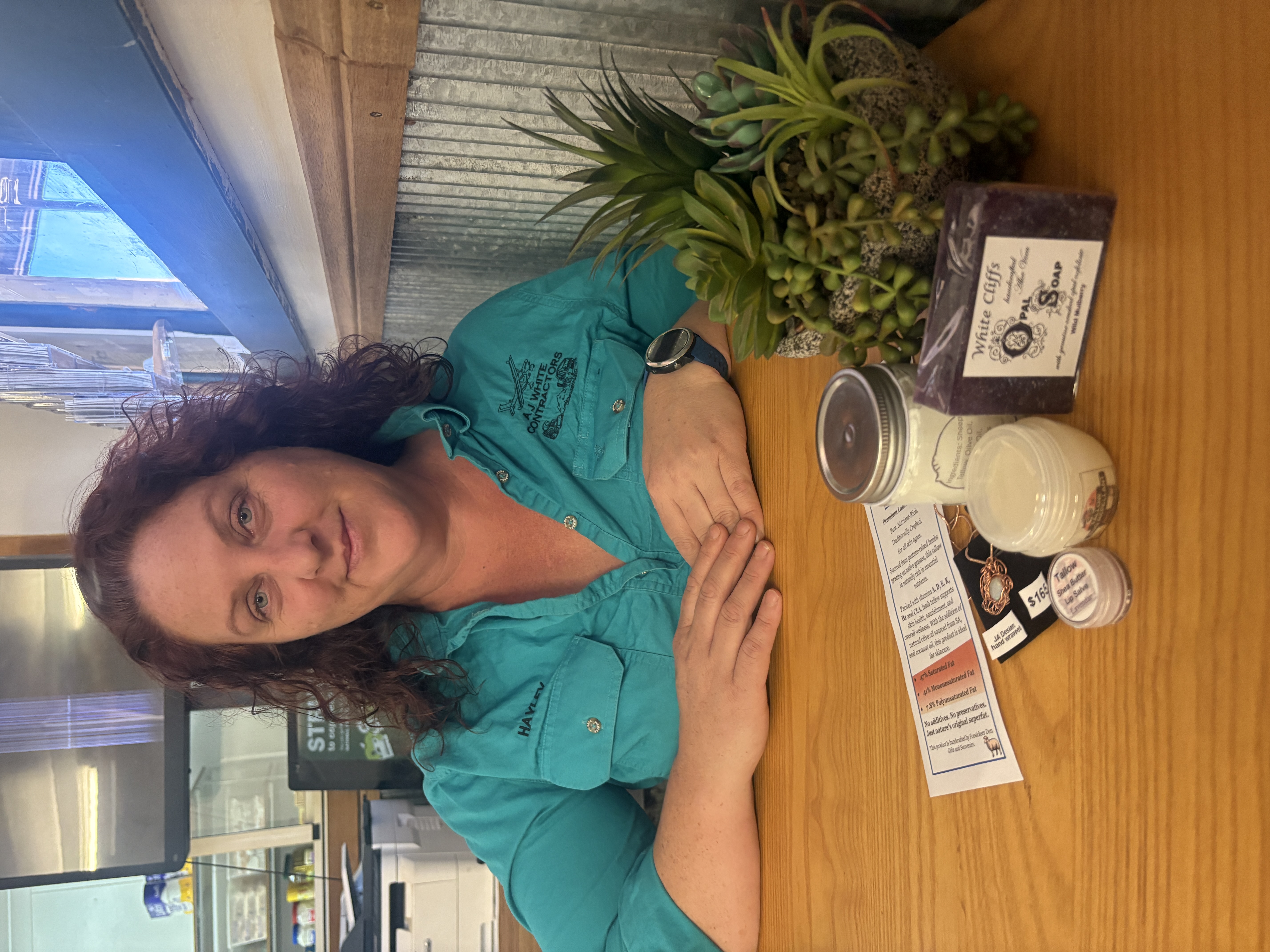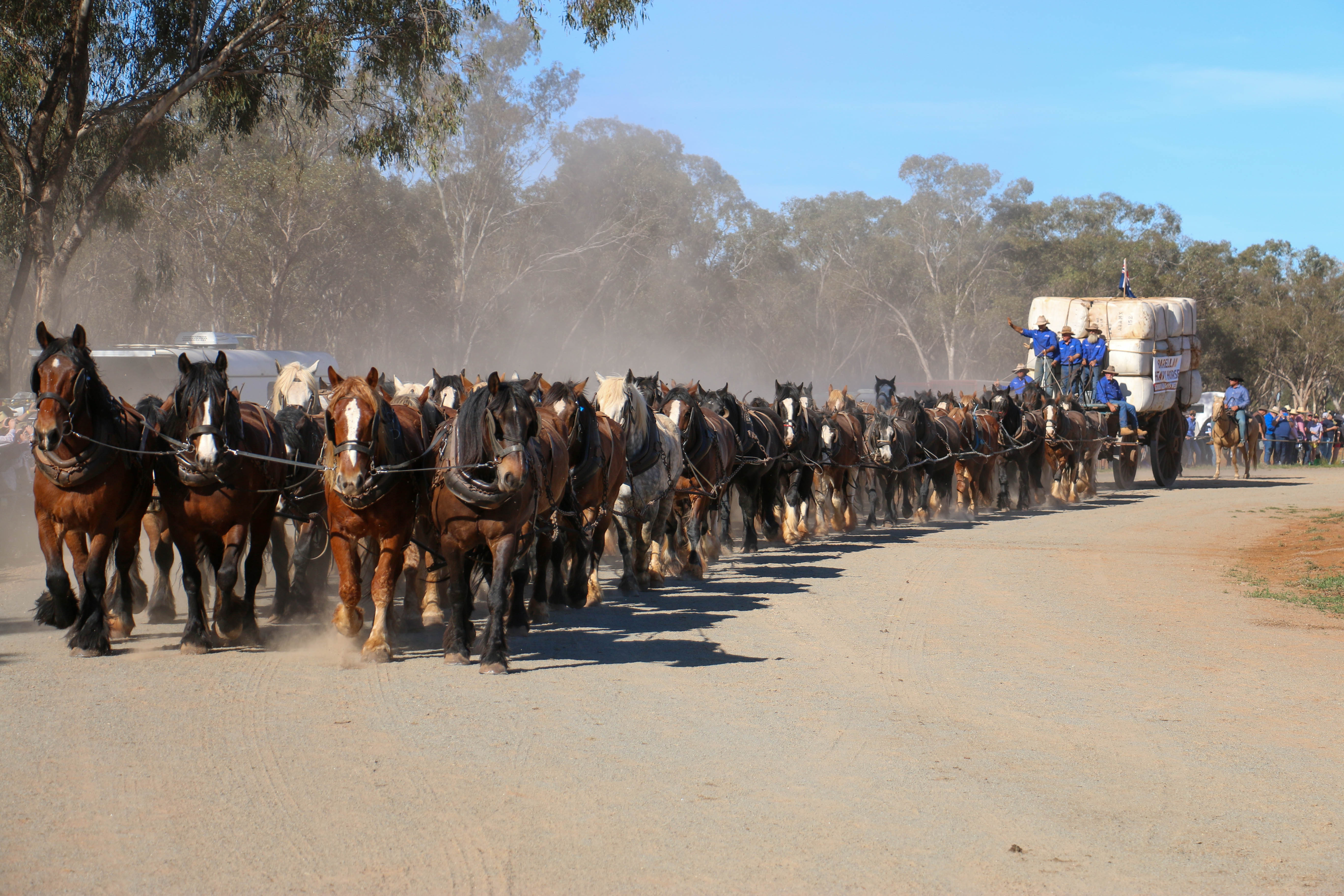Regional food producers warn fuel insecurity puts Back Country supply chains at risk
Krista Schade
06 November 2025, 7:00 PM

Farmers across the country could be forced to halt operations, causing a nationwide freeze in food deliveries, if Australia's critically low fuel reserves are threatened.
IN SHORT:
- Risk of 'Nationwide Food Freeze': Australia's peak farm body warns that the country's critically low onshore diesel reserves (currently 22 days' supply) could force farmers in the Far West of NSW to halt operations, immediately impacting national food supplies and exports.
- Acute Local Vulnerability: The threat is most severe in remote LGAs like Hay, Balranald, Carrathool, and Central Darling, where vast farming operations are critically dependent on diesel for irrigation, machinery, and transporting produce over long distances.
- Urgent Call for a National Program: NSW Farmers are demanding the Federal Government establish a new national program to actively monitor and prevent shortages of key agricultural inputs (diesel, fertiliser, chemicals), including creating an early warning system and mapping supply chains.
The warning comes directly from the state's peak farm body, which is launching a call for a new national program to monitor stocks of key agricultural inputs like diesel, fertilizers, and chemicals. The farm leaders argue that the lack of preparation puts the country's food security—and the viability of major production regions like the Far West of NSW—at unnecessary risk.
With Australia currently carrying just 22 days of diesel reserves onshore, NSW Farmers Acting CEO Mike Guerin said the state of national readiness is "nothing short of critical."
"Our fuel insecurity is the leak in the tank that could drain our nation of vital food supplies and export markets in just days," Mr Guerin said.
"One iceberg sank the Titanic, but a thousand things could stop our oil tankers from reaching Australian shores. And no fuel means no farm machinery, no tractors, no trucks – and that means no food on shelves, no food in shops, and no food leaving our shores.”
Local Impact: The Tyranny of Distance
The potential for a national food standstill is particularly relevant to the communities within Hay, Balranald, Carrathool, and Central Darling. Farming operations here—from broadacre cropping to vast pastoral enterprises—rely heavily on diesel to run irrigation pumps, tractors for sowing and harvesting, and the heavy transport required to move livestock and produce across the long distances to market.
Any disruption to the national supply chain would be acutely felt in these remote LGAs, where fuel deliveries are already complex and timely access to inputs is essential to maintain productivity.
To address this, Mr. Guerin called for any new national program to monitor stocks to also include mapping of the supply chains that provide fuel and other necessary inputs, alongside an early warning system.
“Farmers deserve to know when a shortage of fuel, fertiliser or another key input is imminent, so they can prepare accordingly,” Mr Guerin said. “The program should also be working actively to prevent shortages of these inputs, and have plans in place to relieve shortages, not if, but when, they occur. This isn’t about triggering panic buying but about preventing a national standstill in food supplies – and with 27 million hungry mouths to feed just in Australia, we just can’t keep risking it until the system fails.”
RURAL
NEWS
COMMUNITY
VISIT OUTBACK NSW









